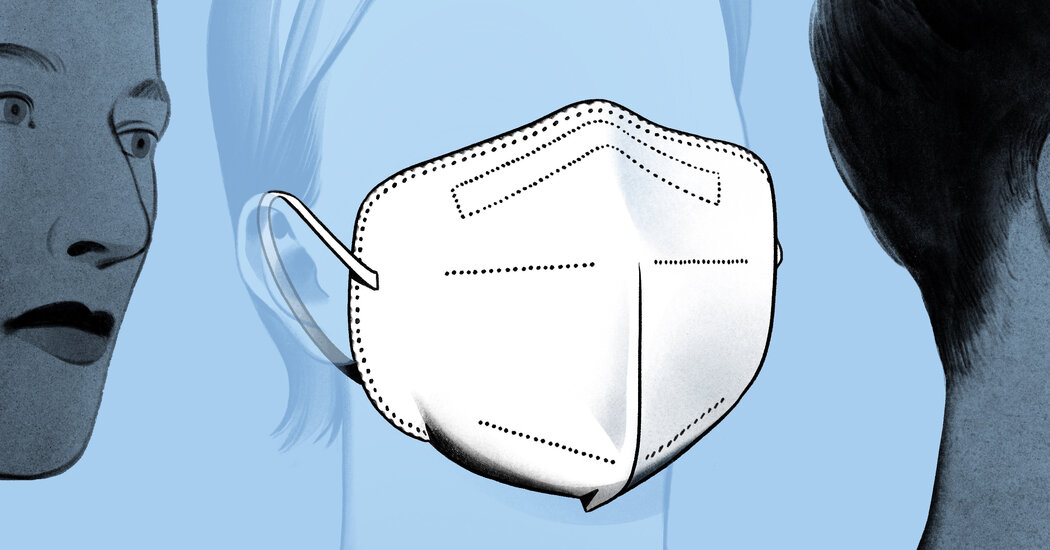Republicans like to claim that they have a “real” opportunity to expand their support among Black voters. They are likely wrong, given their denial of systemic racism, their advocacy of “colorblindness” and their attempts to demean the first Black woman elevated to the Supreme Court.
But Democrats cannot take Black voters for granted. The time for the party to intensify its support among the critical demographic is now.
Democrats should take note of this finding from new poll of Black Americans by Pew Research Center: “No matter where they are from, who they are, their economic circumstances or educational backgrounds, significant majorities of Black Americans say being Black is extremely or very important to how they think about themselves, with about three-quarters (76%) overall saying so.”
The sense of solidarity within the Black community is profound. “Beyond the personal importance of Blackness — that is, the importance of being Black to personal identity — many Black Americans feel connected to each other. About five-in-ten (52%) say everything or most things that happen to Black people in the United States affect what happens in their own lives, with another 30% saying some things that happen nationally to Black people have a personal impact.”
Ten percent of Blacks who were surveyed say they are Republicans or lean Republican. That’s very close to the 12 percent of Black Americans who voted for defeated former president Donald Trump in 2020.
That segment of the Black population has a very different take on identity, according to the Pew poll: “Black Democrats and those who lean toward the Democratic Party (75%) are more likely than Black Republicans and Republican leaners (52%) to cite their racial identity as a very or extremely important part of how they think of themselves.” Moreover, “Black Democrats and those who lean to the Democratic Party are more likely than Black Republicans and Republican leaners to say that everything or most things that happen to Black people in the United States (57% vs. 39%) and their local communities (46% vs. 30%) affect what happens in their own lives.”
Researchers on racial identity in America have reached similar conclusions. Theodore R. Johnson, the author of “When the Stars Begin to Fall: Overcoming Racism and Renewing the Promise of America,” tells me: “The thing that stands out most is how out of step Black Republicans are with the rest of Black America when it comes to the importance of their racial identity and their sense of connection (linked fate) to other Black Americans.”
White Republicans may fantasize about a colorblind society, but that doesn’t comport with the lived experiences of a large majority of Black Americans. Johnson explains that political scientists have “long found that most Black people’s electoral choices are connected to a sense of linked fate.” Others, he says, have noted “how Black Americans’ sense of social accountability to one another can constrain their partisan and electoral preferences.” Johnson also notes that being a Black Republican is different from being Black with conservative values, which he estimates characterizes about a quarter of Black Americans.
While Republicans may have limited saliency with Black voters, voting is not a binary choice. Voters can always stay home. As evidenced during the 2020 Democratic primary, Black voters are intensely pragmatic voters. An earlier Pew survey found that a plurality of Black Americans describe themselves as moderates; they also “express high level of religiosity.” That’s not a profile that aligns with the far left.
The latest Pew analysis is instructive insofar as it identifies Black voters’ top concerns: Violence and crime received the largest level of concern (17 percent), followed by economic issues (11 percent). Other issues, such as covid-19 and public health (6 percent) and “differences among neighbors due to racism, diversity or culture” (3 percent) barely registered.
Last year’s Senate runoff elections in Georgia also provide valuable lessons. Democrats Jon Ossoff and Raphael G.
Warnock ran on moderate messages (with not a whisper of “defund the police”), largely mirroring Joe Biden’s center-left appeal. Warnock was also a familiar and loved figure in the Black community as the pastor of the historic Ebenezer Baptist Church that the Rev. Martin Luther King Jr. once led. Their voter outreach, in conjunction with Black churches and groups such as Black Votes Matter, was personal and overpowering. The result: Black Georgia voters showed up in droves to support them.
In 2016, Trump made a direct appeal to Black voters with an inane question: “What do you have to lose?” The answer: plenty. Republicans have cast themselves as the party of White evangelical reactionaries, which puts a low ceiling on their support among Blacks.
Still, Democrats must urgently convince voters that the stakes are high in the midterms and re-create the Ossoff and Warnock turnout operation that gave them the Senate majority. If Black voters stay home, the midterms could turn into a rout.
Opinion•
Opinion•
Opinion•








